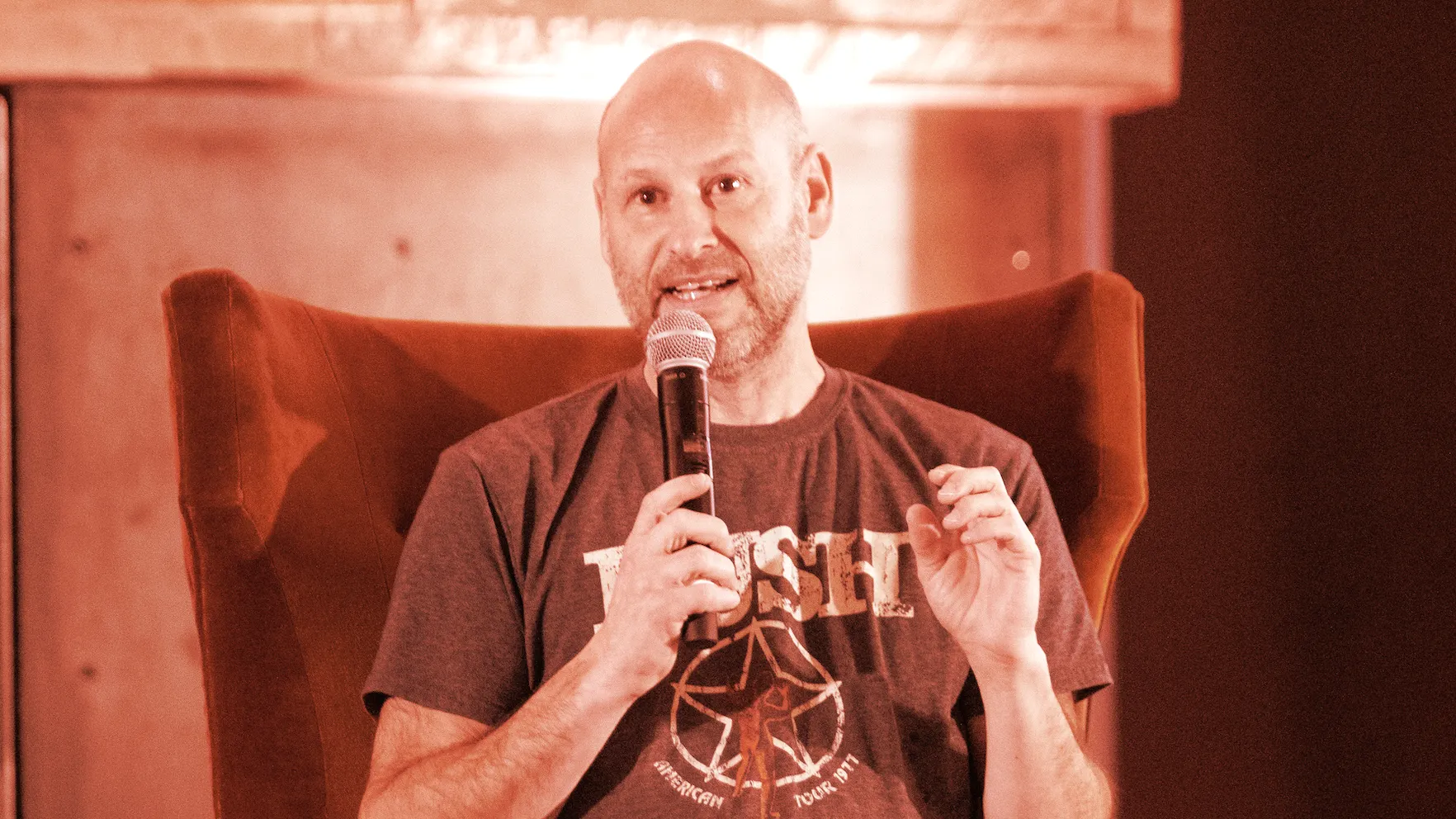In brief
- Ethereum co-founder and ConsenSys founder and CEO Joe Lubin spoke at Camp Ethereal 2022 last week.
- He discussed NFTs and their potential impact, calling the technology a “profound invention” that can reshape industries.
Since exploding into the mainstream early last year, NFTs have been the buzziest thing in crypto. They’ve turned collectibles projects into burgeoning brands, pulled in celebrities and athletes, and generated $25 billion in trading volume in 2021 alone.
While Ethereum has emerged as the largest platform for NFTs by far, co-founder Joe Lubin said on stage at last week’s Camp Ethereal 2022 conference that he’s been too busy running Ethereum software incubator ConsenSys to buy his own NFT collectibles.
“People ask me what I do in DeFi and what NFTs I’m acquiring… I do like 12 hours of meetings a day,” he told Decrypt Editor-in-Chief Dan Roberts during a fireside chat. “I read about a lot of things, and I play around with the occasional transaction and people send me stuff, but I’m not super active in the NFT space.”
While he doesn’t hold large bags of NFTs, the founder and CEO of ConsenSys (which funds the editorially independent Decrypt), suggested that the creation of the technology will have an enormous impact on the world. “NFTs are a profound invention, a profound innovation in computer science,” he said,when asked for his take on the technology.
An NFT works like a blockchain-backed receipt, which is typically used to prove ownership of digital items like artwork, collectibles, and interactive video game items. But as immutable records on a decentralized ledger that do not require an intermediary, NFTs can potentially have further real-world uses (like real estate) and shake up existing industries.
“We’re about to turn everything upside down on planet Earth,” said Lubin. “We’re about to flip the age of silos into the age of community, and intermediaries are about to become broad, much more valuable, and much more effective.”
Lubin said that NFTs are finding their first broad usage in the entertainment and content realms, as creators use the technology for digital illustrations, profile pictures, sports and brand collectibles, and characters and items in blockchain-powered video games.
But as more and more industries embrace blockchain and the potential for tokenized assets in the form of NFTs, Lubin believes that there’s plenty more disruption to come. Lubin said that he’s “doing what I can to enable as many NFTs and as many disintermediating technologies to come to life” to produce that potential broad-scale sea change.
“Any business that can see its role as an intermediary replaced, made better, made less expensive, made less frictional, made more trustworthy, or more guaranteed—they are going to be subject to disruption if they don’t evolve themselves,” he said.
When Roberts teased that Lubin probably won’t be changing his Twitter profile picture (PFP) to a Bored Ape Yacht Club NFT, Lubin responded saying that he’d “have to feel really good about a PFP” to switch away from his own photo. But the prompt got him talking about the potential for NFTs and other blockchain technologies to push back against current social media giants.
“I really think PFPs and similar digital constructs like that are going to enable people or groups or DAOs to essentially liberate their social graph from the networks,” said Lubin, “or establish their own social graphs, and make the social graphs of the Facebooks etc. much less valuable—so they're gonna have to play ball.”
“This is probably an element in how Web2 morphs into the metaverse,” he continued, “where the social graph and digital assets are going to have to be interoperable and are really going to be owned by the user. It’s going to be a user-centric metaverse.”

